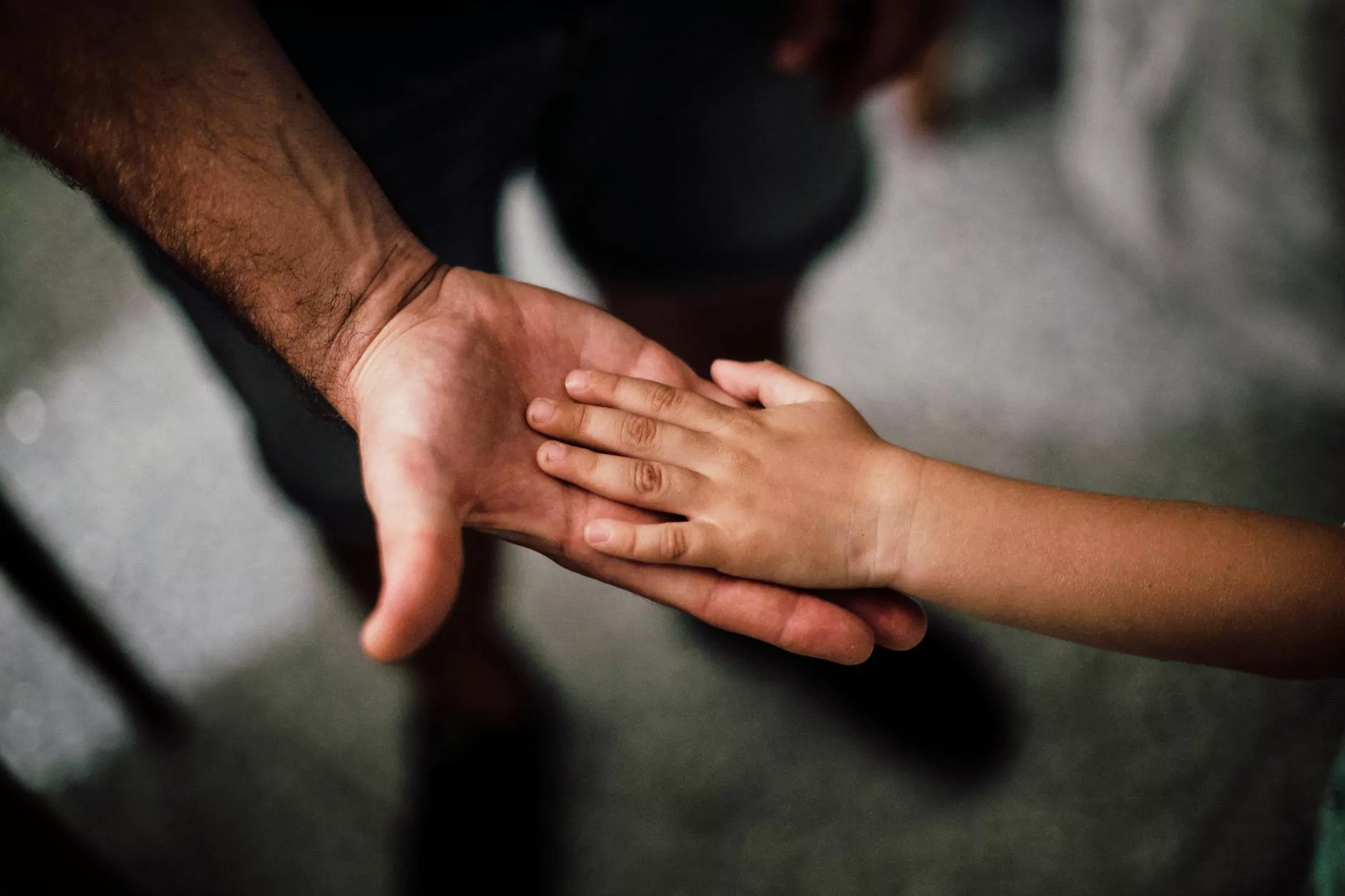Supporting Your Kids While Navigating Divorce - Insights from Rebecca Good, PsyD and Julia Herrera, LMFT
Therapists
Introduction
Divorce can be a challenging and emotional process, not only for the couple going through it but also for their children. At Cynthia Cunningham, MFT, we understand the importance of supporting your kids during this difficult time. In this exclusive video, we bring you insights from two highly experienced professionals, Rebecca Good, PsyD and Julia Herrera, LMFT, both experts in the field of mental health.
Understanding the Impact of Divorce on Children
Divorce can significantly affect children's emotional well-being and overall development. It's crucial to recognize and address their unique needs during this transition. According to Rebecca Good, PsyD, children may experience a range of emotions, including sadness, anger, confusion, and anxiety. They might also exhibit changes in behavior, academic performance, and social interactions.
Why Seeking Professional Support is Important
Julia Herrera, LMFT emphasizes the value of seeking professional support during divorce. Highly trained mental health professionals can provide guidance and tools to help children cope with the challenges they face. Expert intervention can promote healthy emotional expression, develop coping mechanisms, and foster resilience. At Cynthia Cunningham, MFT, we offer a safe and supportive space for your child to explore their feelings and work through the difficulties associated with divorce.
Strategies for Supporting Your Child
Rebecca Good, PsyD and Julia Herrera, LMFT share some invaluable tips on supporting your child while navigating divorce:
1. Maintain Open Communication
Encourage open and honest communication with your child. Create a safe environment where they feel comfortable expressing their thoughts and emotions. Listen actively without judgment and validate their feelings. Assure them that their emotions are valid and that you are there to support them unconditionally.
2. Establish Consistent Routines
Children thrive in structured environments. Establish consistent routines, such as regular mealtimes, bedtimes, and family activities. Predictability can provide a sense of security during times of change. Consistency can help them feel more stable and reassured despite the divorce.
3. Encourage Age-Appropriate Discussions
Adapt your conversations based on your child's age and level of understanding. Be mindful not to burden them with adult details or conflicts. Provide age-appropriate explanations about the divorce, focusing on the changes they can expect and emphasizing that it is not their fault.
4. Foster a Supportive Network
Seek support from trusted friends, family members, or professionals who can lend an empathetic ear or offer guidance. Attending support groups or therapy sessions can be beneficial for both you and your child. It provides an opportunity to share experiences, learn coping strategies, and gain insight from individuals who have gone through similar situations.
5. Promote Self-Care
Take care of your own well-being, as it directly impacts your ability to support your child. Engage in self-care activities that help reduce stress and promote emotional balance. Prioritize activities that bring you joy, relaxation, and rejuvenation, such as exercise, hobbies, or spending quality time with loved ones.
Expert Support at Cynthia Cunningham, MFT
Cynthia Cunningham, MFT is committed to providing comprehensive mental health support for families navigating divorce. With expertise in child psychology and family therapy, Rebecca Good, PsyD and Julia Herrera, LMFT at CalPsychiatry offer specialized services tailored to your child's unique needs.
At our practice, we believe in fostering a compassionate and non-judgmental therapeutic environment where your child can explore their emotions, develop coping mechanisms, and build resilience. Our goal is to facilitate a healthy adjustment to the changes brought about by divorce and equip your child with the skills they need to thrive.
If you are seeking professional support to help your child during this challenging time, we invite you to reach out to Cynthia Cunningham, MFT. Our experienced team is here to support you through this journey and provide the guidance necessary for your child's optimal well-being.
Conclusion
Supporting your kids while navigating divorce requires careful consideration and the guidance of mental health professionals. Rebecca Good, PsyD and Julia Herrera, LMFT from CalPsychiatry bring a wealth of experience to help you and your child cope with the challenges that arise during this journey. At Cynthia Cunningham, MFT, we are committed to providing you with the support and resources you need to help your child navigate divorce and thrive in their emotional well-being.










